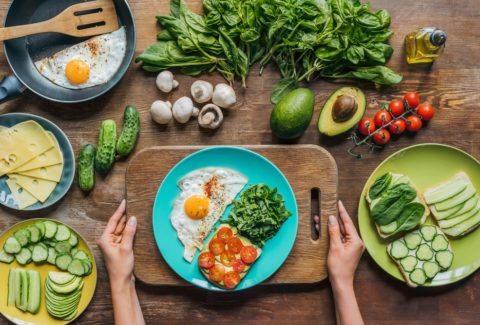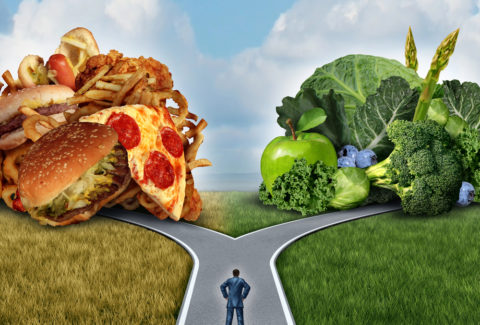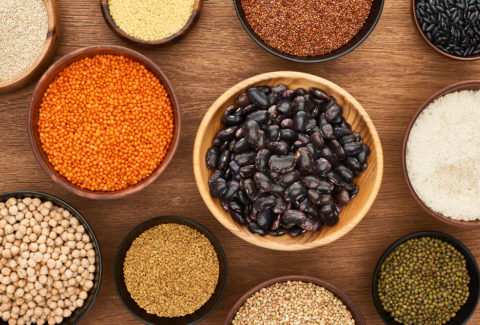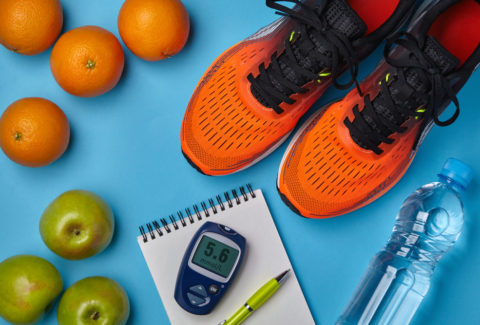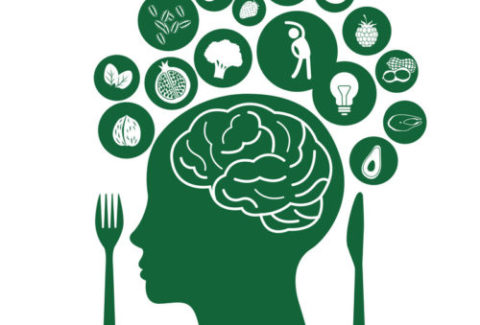Unveiling the Intricacies of Autophagy: A Holistic Approach to Health Through Nutrition, Fasting, and Exercise
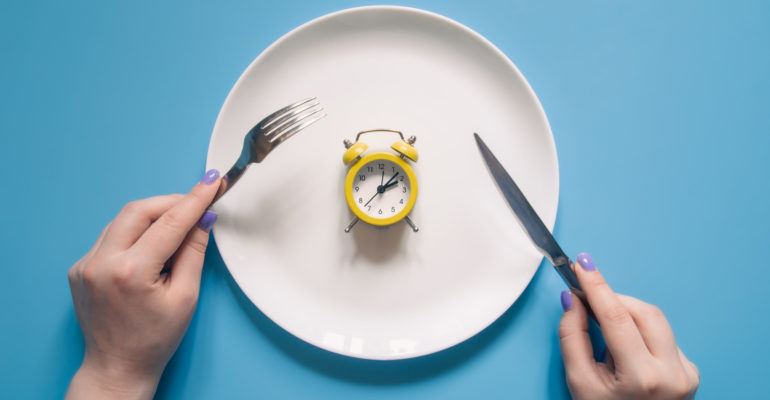
Unveiling the Intricacies of Autophagy: A Holistic Approach to Health Through Nutrition, Fasting, and Exercise
Introduction:
Autophagy[1], a cellular self-cleansing process, has emerged as a key player in promoting overall health and longevity[2]. This natural mechanism involves the removal of damaged or dysfunctional cellular components, contributing to cellular renewal and resilience. In this article, we delve into the fascinating world of autophagy and explore its profound connections to healthy eating, intermittent fasting, and exercise.
Understanding Autophagy:
At its core, autophagy (meaning “self-eating”)[3] is a cellular recycling process crucial for maintaining cellular health. During autophagy, cells break down and eliminate damaged organelles and proteins, preventing the accumulation of cellular debris and promoting cellular rejuvenation.
Intermittent Fasting and Autophagy:
One powerful way to stimulate autophagy is through intermittent fasting.[4] By incorporating periods of fasting into our routine, we induce mild stress on the body that triggers autophagy. During fasting, the body shifts its focus from digesting food to repairing and renewing cells, fostering a more efficient and resilient cellular environment.
Healthy Eating and Autophagy:
Nutrition plays a pivotal role in regulating autophagy. Certain foods, like those rich in antioxidants and phytochemicals, support the autophagic process. A diet abundant in fruits, vegetables, and whole grains provides essential nutrients that fuel cellular repair and enhance the efficiency of autophagy.[5] On the contrary, excessive consumption of processed foods and sugars may hinder autophagy and contribute to cellular dysfunction.[6]
Exercise and Autophagy:
Regular physical activity is another potent modulator of autophagy. Exercise induces a beneficial stress response on the body, prompting cells to undergo autophagy for repair and adaptation.[7] Both aerobic exercises and resistance training have been linked to increased autophagic activity, emphasizing the importance of incorporating diverse forms of exercise into a healthy lifestyle.
A Holistic Approach:
The synergy between healthy eating, intermittent fasting, and exercise creates a holistic approach to supporting autophagy. When combined, these lifestyle factors amplify the benefits, promoting not only cellular health but also overall well-being. It’s essential to view autophagy as part of a comprehensive strategy for maintaining health, preventing disease, and potentially extending lifespan.
Practical Tips for Harnessing Autophagy:
- Intermittent Fasting Schedule: Experiment with intermittent fasting schedules, such as the 16/8 method or time-restricted eating, to find a pattern that aligns with your lifestyle.
- Nutrient-Rich Diet: Prioritize a diet rich in antioxidants, vitamins, and minerals. Include colorful fruits, vegetables, lean proteins, and whole grains to provide essential nutrients that support cellular health.
- Varied Exercise Routine: Incorporate both aerobic and resistance exercises into your routine. Aim for at least 150 minutes of moderate-intensity aerobic activity and two days of strength training per week.
- Adequate Hydration: Stay well-hydrated to support cellular functions, including autophagy. Water is a fundamental component of the body’s detoxification processes.
Conclusion:
Autophagy stands as a remarkable cellular process with far-reaching implications for health and longevity. By integrating healthy eating, intermittent fasting, and regular exercise into our lifestyles, we empower our bodies to embrace this natural mechanism, fostering a resilient and rejuvenated cellular environment. As we unravel the intricate dance between our choices and cellular health, it becomes clear that our habits today shape the foundation for a healthier and more vibrant tomorrow.
[1] Cao, Weiya, et al. “An overview of autophagy: Mechanism, regulation and research progress.” Bulletin du cancer 108.3 (2021): 304-322.
[2] Giampieri, Francesca, et al. “Autophagy in human health and disease: novel therapeutic opportunities.” Antioxidants & Redox Signaling 30.4 (2019): 577-634.
[3] Eskelinen, Eeva-Liisa. “Autophagy: supporting cellular and organismal homeostasis by self-eating.” The international journal of biochemistry & cell biology 111 (2019): 1-10.
[4] Hannan, Md Abdul, et al. “Intermittent fasting, a possible priming tool for host defense against SARS-CoV-2 infection: Crosstalk among calorie restriction, autophagy and immune response.” Immunology letters 226 (2020): 38-45.
[5] Al-Naggar, Iman M., John C. Newman, and George A. Kuchel. “Healthy Eating Patterns: A Stealthy Geroscience-Guided Approach to Enhancing the Human Healthspan.” The journal of nutrition, health & aging 27.3 (2023): 238-239.
[6] Sawalha, Khalid, et al. “Our Hidden Enemy: Ultra-Processed Foods, Inflammation, and the Battle for Heart Health.” Cureus 15.10 (2023).
[7] Wu, Ne N., et al. “Physical exercise and selective autophagy: benefit and risk on cardiovascular health.” Cells 8.11 (2019): 1436.

